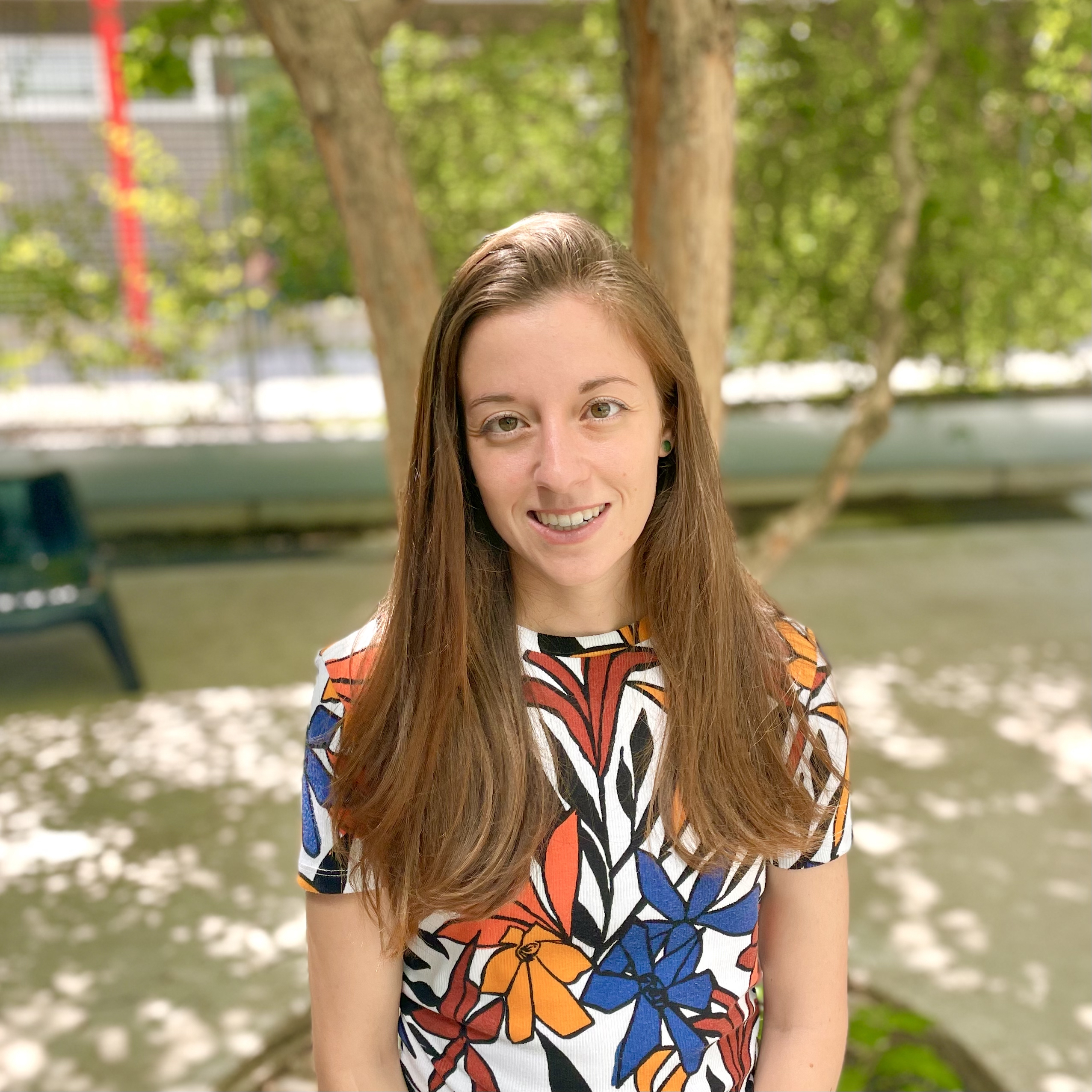
Giulia Rossi
Phd Student
Giulia Rossi is a PhD candidate at the School of Management of Politecnico di Milano. She graduated in Management Engineering at Politecnico di Milano, with a specialization in innovation and entrepreneurship. After an experience in Unicredit's Social Impact Bank, she worked two years at Impact Hub Milano, a certified social startup incubator. She joined Tiresia in 2021 with the aim of studying the governance of innovation processes in urban settings for social impact. She is involved in teaching courses in Economics and Business Organization, master courses at GSOM and in mentoring activities including the Alta Scuola Politecnica.
Research topics:
- Governance
- Innovation
- Inclusion
- Social impact
- Innovation districts
Publications:
Managing Urban Green Areas: the Benefits of Public-Private Partnerships for Green Spaces (2023)
Casprini, D., Oppio, A., Rossi, G., Bengo, I.
Urbanisation has had an impact on people’s livelihoods, on social infrastructures and on the consumption of resources. In the last century, we have witnessed many transformations at the urban scale that often led to the commodification and enclosure of public areas and, especially, green areas. With the turn of the millennium and following the adoption of the UN Agenda 2030, the trend has been partially reverted and cities in Europe are becoming progressively greener, although the phenomenon do not always bring positive societal outcomes and it is not able to re-distribute benefits among community members, promoting unequal access to green areas. Instead, in many cases the so-called green gentrification phenomenon has been identified as a primary societal challenge connected with urban regeneration projects. Building on this, the paper aims to find an answer to the question of whether or not the governance model adopted for urban green areas influences how benefits connected with ecosystem services are perceived by stakeholders and re-distributed at the community level. Based on the gaps highlighted in the theoretical background and direct observation of Biblioteca degli Alberi Milano (BAM), a recently developed urban park in Milan, an analytical framework was developed and tested. The results allow us to identify innovative practices for the management of green areas capable of maximising ecosystem services’ benefits beyond the intervention area. This will support the adaptability, replicability, and scalability of these initiatives while providing effective tools for practitioners and planners when developing a collaborative management model for urban green areas.
https://doi.org/10.3390/land12101872






